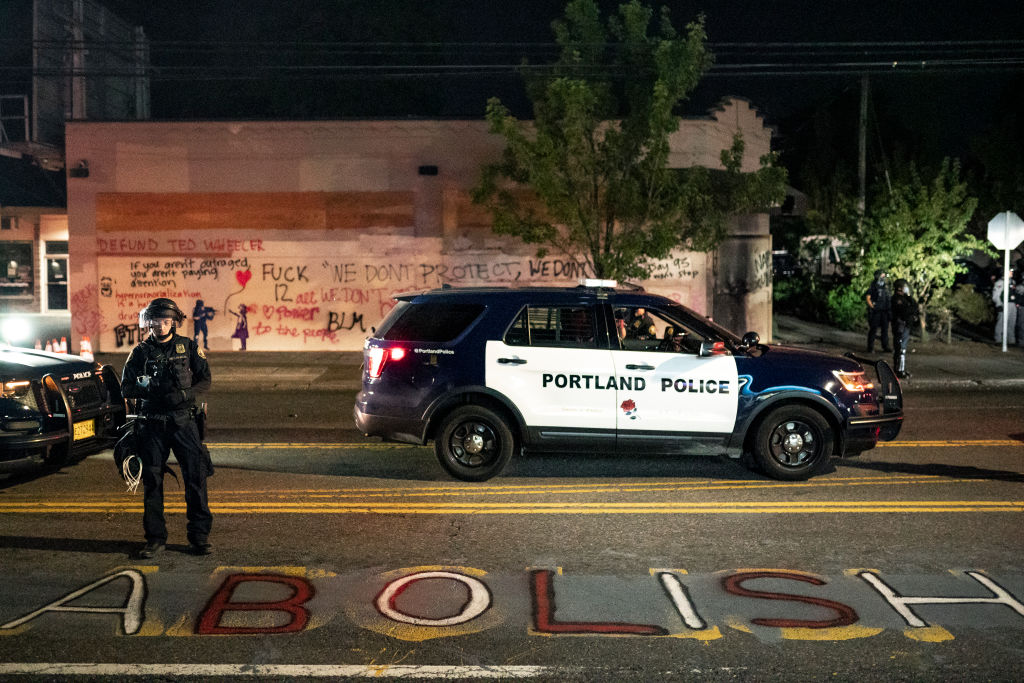Portland, Oregon is facing a significant public safety crisis due to high crime rates and a severely understaffed police force. The Portland Police Bureau (PPB) is struggling with high response times and low staffing levels, as reported by the Manhattan Institute. The report reveals that it took more than 20 minutes for the PPB to respond to high-priority calls and over one and a half hours to respond to low-priority calls as of July.
The city has seen a surge in crime over the past three years, with a sharp increase in shootings after George Floyd’s death. This led to record homicide rates in 2021 and 2022. The situation was further exacerbated when $15 million was cut from the PPB’s budget and the number of sworn officers was reduced by 8 percent. The report states that “Property crimes have surged,” and “Public disorder, in the form of camping and public drug use, is rampant.”
WATCH: He Infiltrated Antifa & CHAZ/CHOP, Plus the Most GOOGLED Republican Presidential Candidate
The issues also affected the African American community in Portland, with one in every 1,000 black residents being murdered in the year following Floyd’s death. The report noted, “The effects of this crime wave fell disproportionately on those whom protesters claimed to help.”
Staffing levels for the PPB have dropped significantly. By 2023, the PPB had just one narcotics detective left after more than half its narcotics officers were transferred back to patrol in 2021. Moreover, 115 officers resigned or retired that year, marking the largest mass departure in recent history.
The PPB was already short-staffed in 2019, with 120 fewer officers than required. The Manhattan Institute report indicates that the staffing-to-population ratio has been declining since 1995, placing Portland 48th among the 50 largest cities in the U.S. The PPB currently has only 294 total patrol officers.
The decline in staff is attributed to low police morale following the 2020 riots and a lengthy, under-resourced hiring and training process. The PPB’s rigorous training requirements surpass the national average, and officer applications decreased by nearly 40 percent between 2019 and 2021.
However, the report proposes solutions. It suggests that Portland needs approximately 1,130 officers to reach the same median staffing rate as other major cities. It recommends increasing officer salaries to attract new recruits, making hiring practices more efficient, shortening training where possible, and embracing “civilianization,” or allowing civilians to perform jobs currently performed by officers.
The report concludes with a call for decisive action: “Without intervention, a once-vibrant city could fall victim to this vicious cycle, hollowed out by its own inaction,. The time to reverse course and to arrest the problem is now.”













